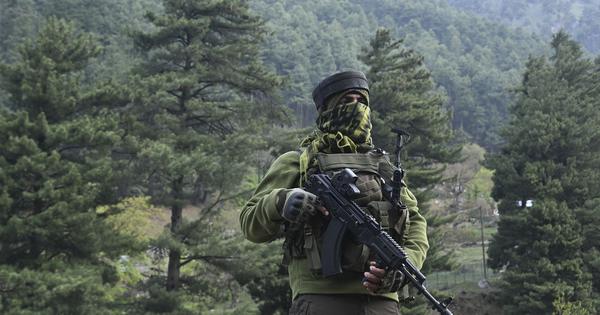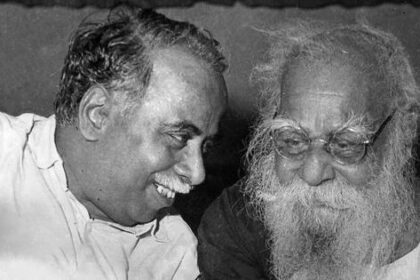Authorities apprehend Kulgam resident for aiding terrorists linked to April Pahalgam attack.
The Jammu and Kashmir Police apprehended a man in Kulgam district on Wednesday, who is accused of providing logistical support to the terrorists involved in the deadly attack at Pahalgam on April 22. The arrested individual, identified as 26-year-old Muhammad Yousuf Katari, is a local resident, according to officials.
Katari was reportedly functioning as an overground worker for the terrorist outfit responsible for the Pahalgam incident. Authorities indicated that he played a significant role in facilitating support for the attackers. Following the attack, security forces conducted operations that resulted in the deaths of three terrorists linked to the incident on July 28 during Operation Mahadev. This operation unfolded in the Lidwas meadows of Srinagar’s Dara area.
Union Home Minister Amit Shah later informed Parliament that the deceased terrorists were identified as Suleiman Shah, Afghan, and Jibran, all members of the Lashkar-e-Taiba terror group. Shah confirmed that the terrorists had been involved in the Pahalgam attack, based on information provided by those who had sheltered them.
The attack at Baisaran near Pahalgam was particularly brutal, resulting in the deaths of 26 individuals and injuring 16 others. Eyewitness accounts revealed that the terrorists specifically targeted tourists, asking for their names to determine their religion. Tragically, nearly all the victims, except three, were Hindu.
In a related development, the National Investigation Agency had previously arrested two individuals, Parvaiz Ahmad Jothar and Bashir Ahmad Jothar, in June. They were accused of harboring the terrorists responsible for the Pahalgam attack. This string of arrests underscores the ongoing efforts by authorities to dismantle the networks supporting terrorist activities in the region.
In response to the Pahalgam attack, India initiated military strikes on May 7, under the operation named Sindoor, targeting what the Indian government described as terrorist camps located in Pakistan and Pakistan-occupied Kashmir. This military response prompted a retaliatory reaction from the Pakistan Army, which engaged in shelling across the Line of Control, impacting Indian villages in Jammu and Kashmir. The shelling resulted in casualties, with at least 22 Indian civilians and eight defence personnel losing their lives.
After several days of conflict, on May 10, both India and Pakistan reached an understanding to cease firing, signaling a temporary halt to the hostilities that had escalated following the Pahalgam attack.








